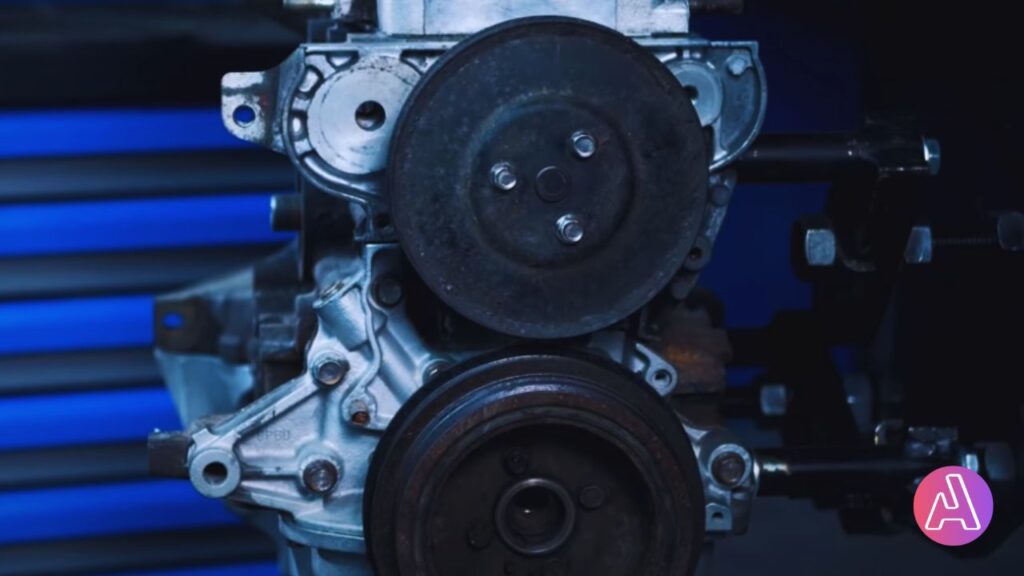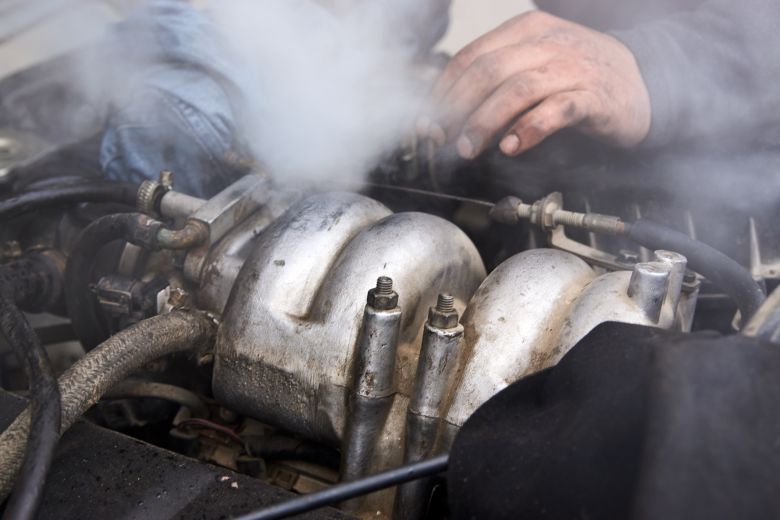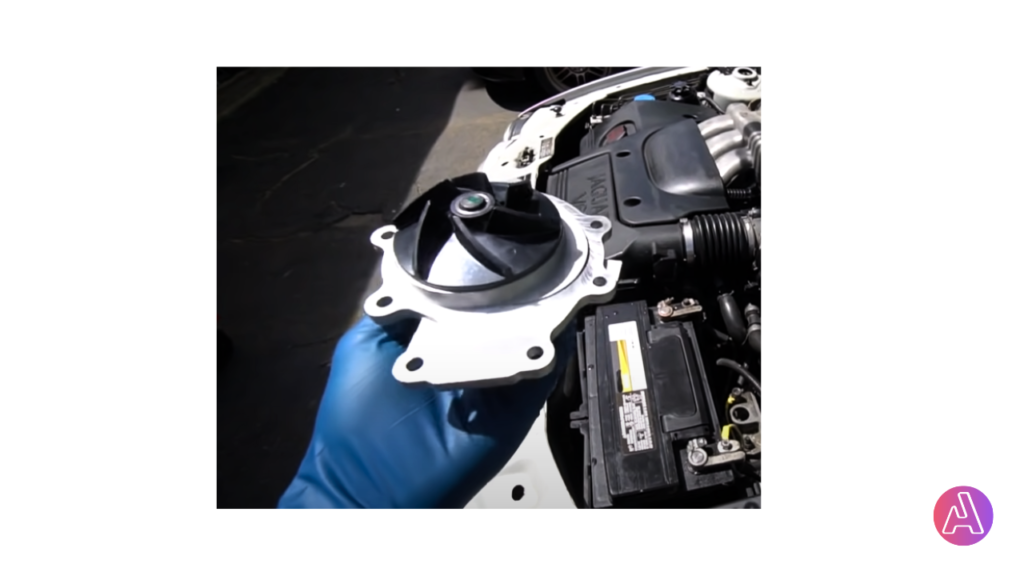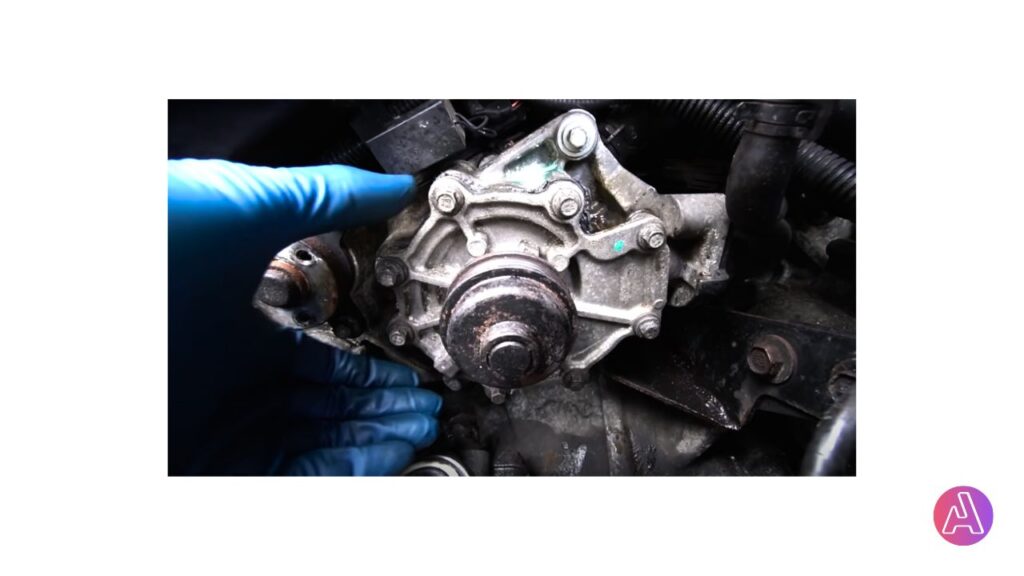
The water pump is a critical component of a car’s cooling system, responsible for circulating coolant through the engine to maintain optimal operating temperatures.
Over time, however, even the most robust water pumps can develop issues that require repair or replacement. In this article, we will explore the importance of the car water pump, signs of a malfunctioning pump, and the steps involved in car water pump repair.
Signs of a Malfunctioning Water Pump
Detecting early signs of a failing water pump is essential to prevent costly engine damage and breakdowns. Here are some common symptoms to watch out for:
Coolant Leaks:
One of the most visible signs of a water pump problem is a coolant leak. If you notice a puddle of coolant beneath your parked car, it’s time to inspect the water pump.
Engine Overheating:

An overheating engine is a clear indication of cooling system problems, including a malfunctioning water pump. If your temperature gauge constantly reads in the red zone, seek immediate attention.
Weird Noises:

A failing water pump can produce unusual noises such as grinding or squeaking. These noises are often loudest when the engine is running.
Steam from the Engine:

Image source : https://www.rac.co.uk
If you see steam rising from the engine compartment, it could be a sign of coolant leaking into hot engine components due to a damaged water pump.
Coolant Contamination:
In some cases, a failing water pump can allow engine oil or coolant to mix, resulting in a frothy, milky substance under the oil cap or in the radiator.
Car Water Pump Repair Step By Step

Repairing a car’s water pump can be a complex task that is best left to trained mechanics. However, for those with intermediate automotive skills, here is a general overview of the repair process:
- Preparation: Ensure the engine is cool and disconnected from the battery. Drain the coolant from the radiator into a container for recycling.
- Access the Water Pump: Depending on the car’s make and model, you may need to remove the serpentine belt, timing belt, or other components to access the water pump.
- Remove the Old Pump: Carefully remove the old water pump, taking note of the position of any gaskets or seals. Clean the mounting surface thoroughly.
- Install the New Pump: Attach the new water pump, ensuring all gaskets and seals are correctly positioned. Tighten the bolts to the manufacturer’s specifications.
- Reassemble: Reinstall any components that were removed to access the water pump, such as belts or hoses.
- Refill and Bleed: Refill the cooling system with fresh coolant, ensuring all air is bled from the system to prevent overheating.
- Test: Start the engine and monitor for any leaks or unusual noises. Verify that the engine temperature remains within the normal range.
The car water pump is a critical component of the cooling system, and its proper functioning is essential to prevent engine overheating and damage. Recognizing the signs of a malfunctioning water pump and addressing the issue promptly can save you from costly repairs down the road.
While some may attempt car water pump repair themselves, it’s advisable to consult a professional mechanic for this task to ensure the job is done correctly and your vehicle remains in peak condition.
Regular maintenance and prompt repairs will keep your car’s engine cool and running smoothly for years to come.
The Importance of the Car Water Pump
The car’s engine generates a tremendous amount of heat during operation. Without a properly functioning cooling system, the engine would overheat, leading to severe damage and potentially a breakdown. The water pump plays a pivotal role in keeping the engine temperature in check by ensuring a continuous flow of coolant through the engine block and radiator.
Regular Maintenance and Professional Expertise

In addition to addressing water pump issues promptly, regular maintenance is crucial for the longevity of your vehicle’s cooling system. Here are some tips to help you maintain your car’s water pump and cooling system:
Follow the Service Schedule: Adhere to your car manufacturer’s recommended maintenance schedule. This typically includes routine checks of the cooling system and water pump.
Inspect Hoses and Belts: Check for signs of wear or damage in the coolant hoses and belts connected to the water pump. Replace any worn or cracked components to prevent potential leaks and failures.
Use Quality Coolant: Ensure that the coolant used in your vehicle is of the appropriate type and mixed to the correct ratio. Low-quality or incorrect coolant can lead to corrosion and cooling system problems.
Keep the Radiator Clean: Periodically inspect the radiator for debris, dirt, or bugs that may obstruct airflow. A clean radiator is more efficient at dissipating heat.
Check for Leaks: Regularly inspect your parking spot for coolant puddles. Address any leaks promptly to prevent further damage.
Listen for Unusual Noises: Pay attention to your car’s operation and any unusual sounds, especially when the engine is running. If you hear strange noises, consult a mechanic for a diagnosis.
Monitor Engine Temperature: Keep an eye on your temperature gauge while driving. If you notice it creeping into the red zone, pull over and turn off the engine to prevent overheating.
Consult a Professional: For any significant cooling system issues, leaks, or water pump problems, it’s advisable to consult a professional mechanic with expertise in car water pump repair and cooling systems. They can diagnose the issue accurately and perform the necessary repairs or replacements.
In conclusion, the car water pump is a vital component of your vehicle’s cooling system, and its proper functioning is essential for the health of your engine.
By recognizing the signs of a malfunctioning water pump, conducting regular maintenance, and seeking professional assistance when needed, you can ensure that your car’s cooling system remains in optimal condition.
Remember, a well-maintained cooling system not only extends the life of your vehicle but also provides peace of mind on the road, knowing that your engine is running at the right temperature.